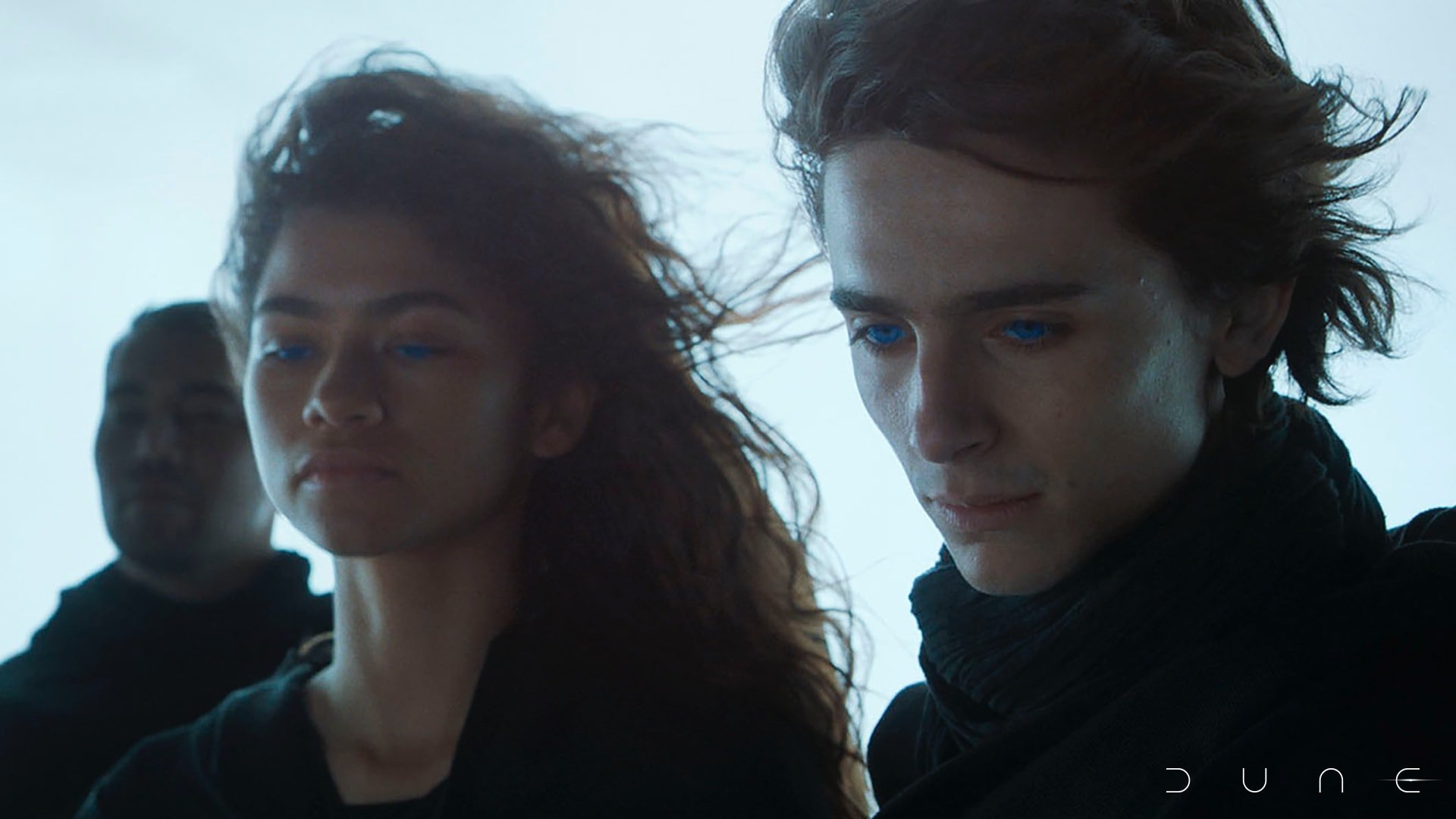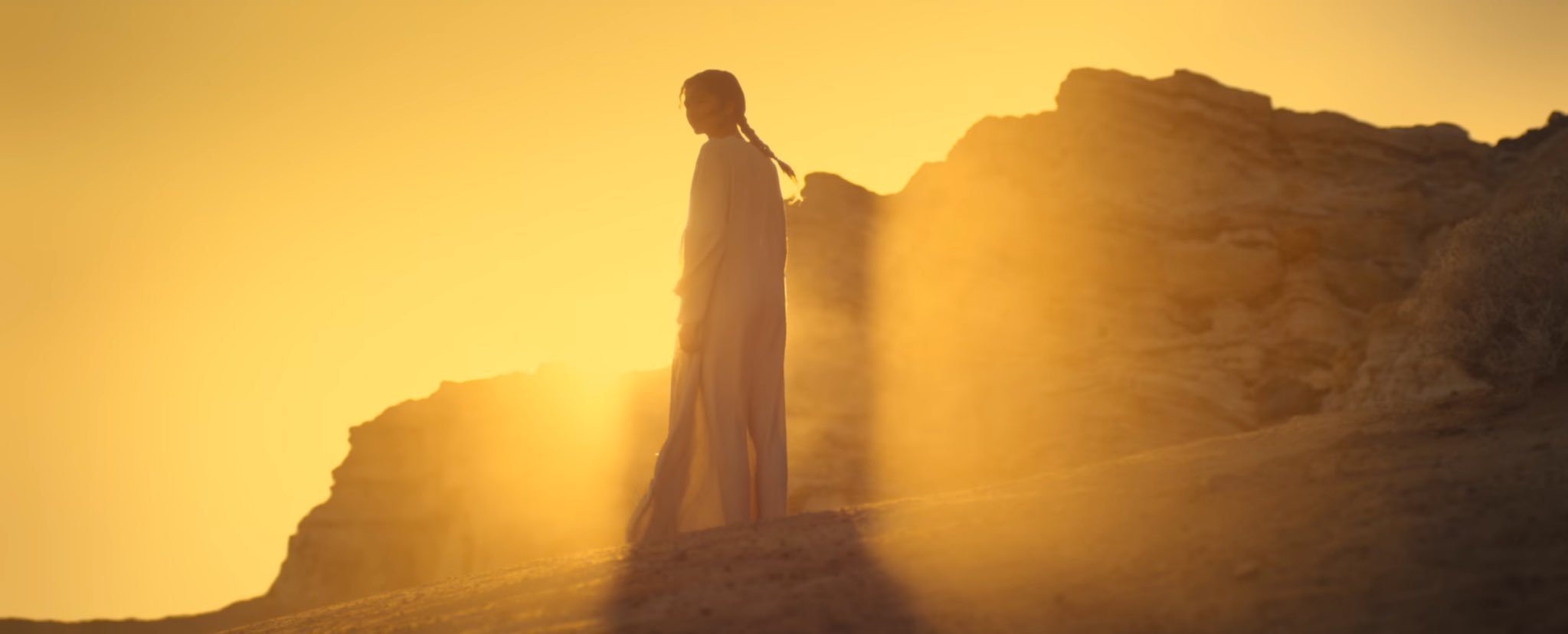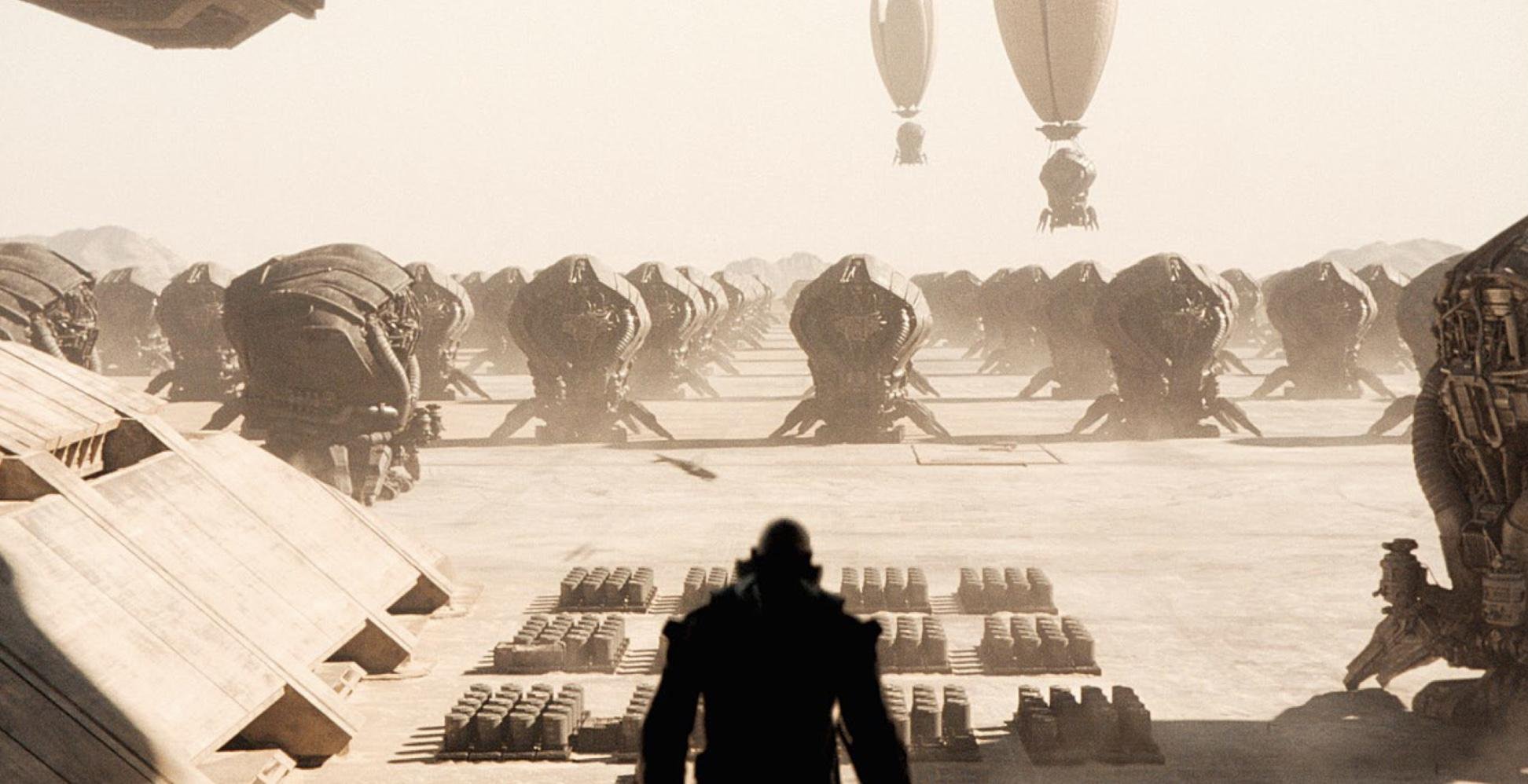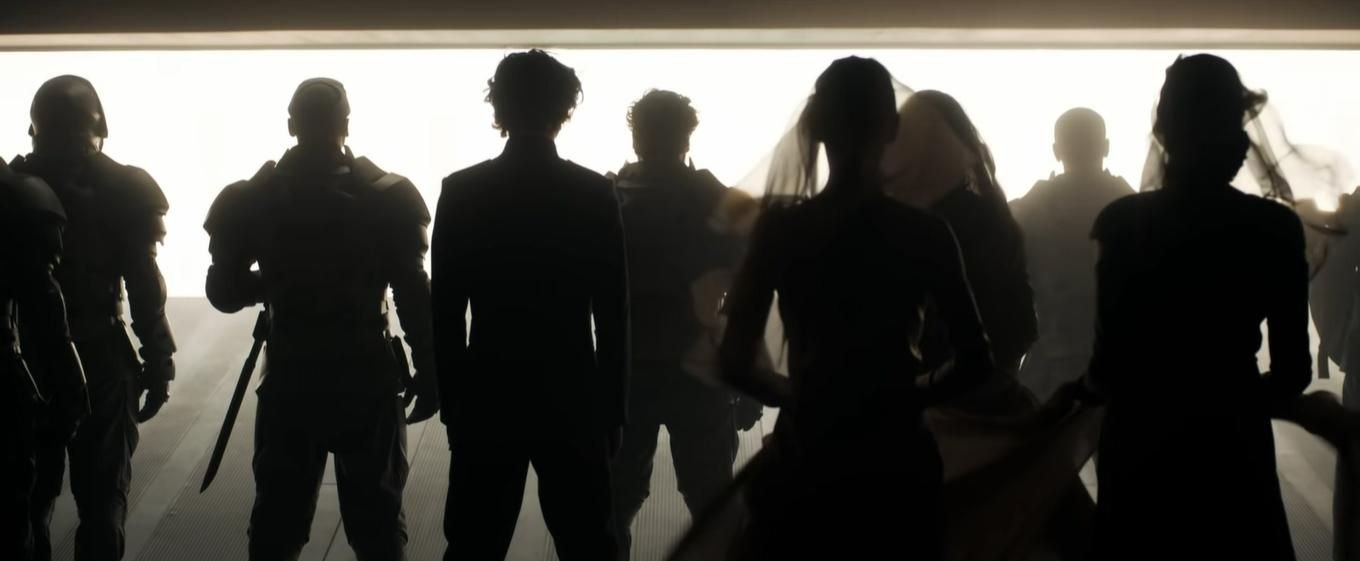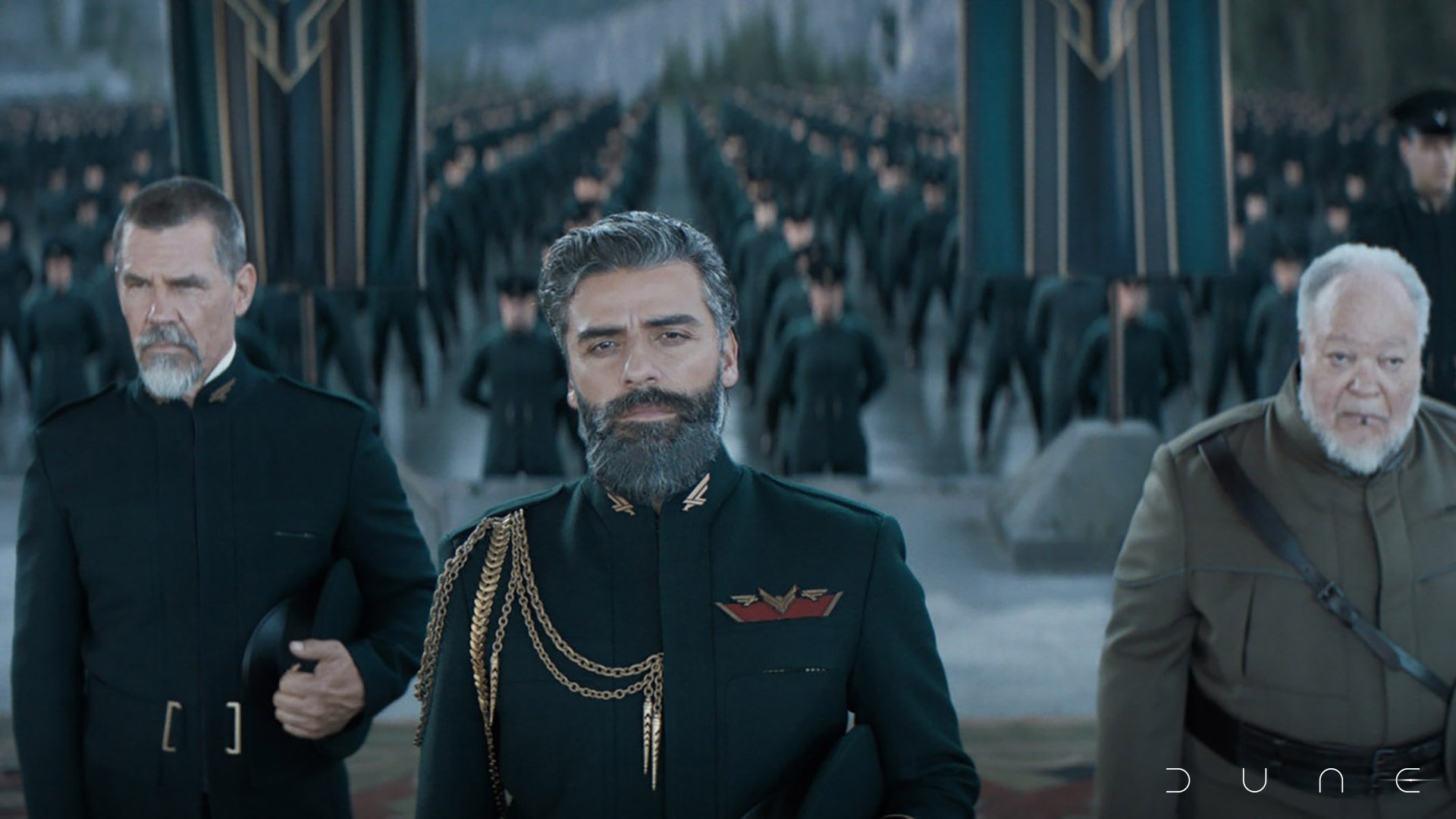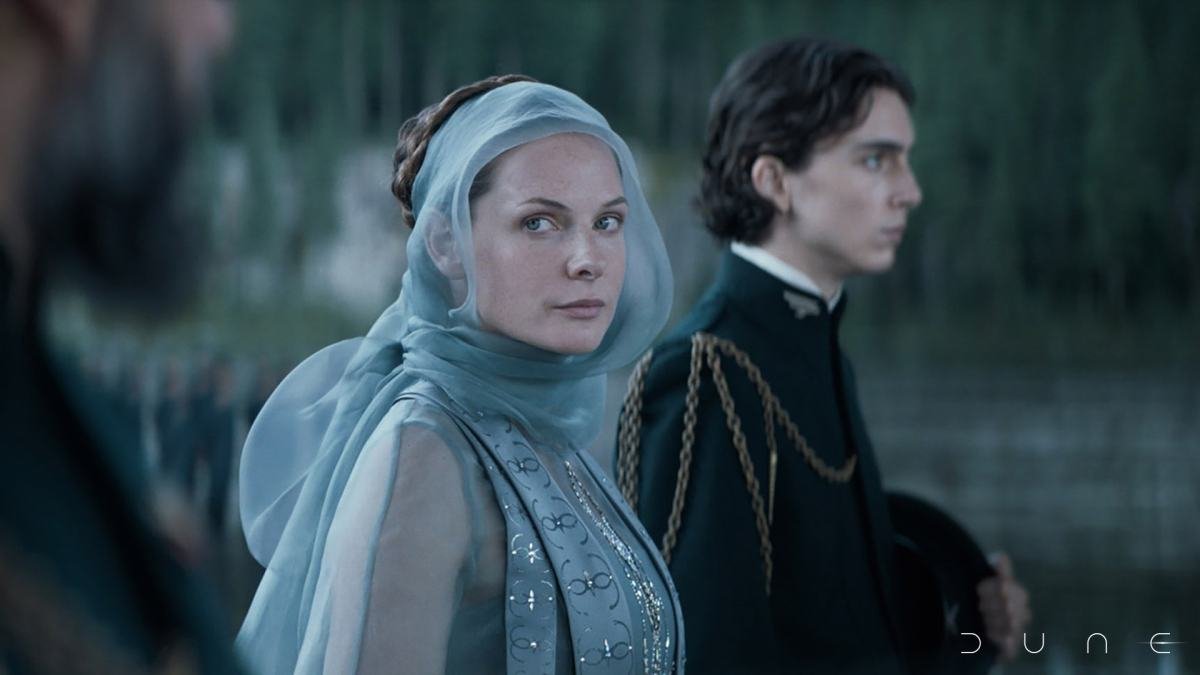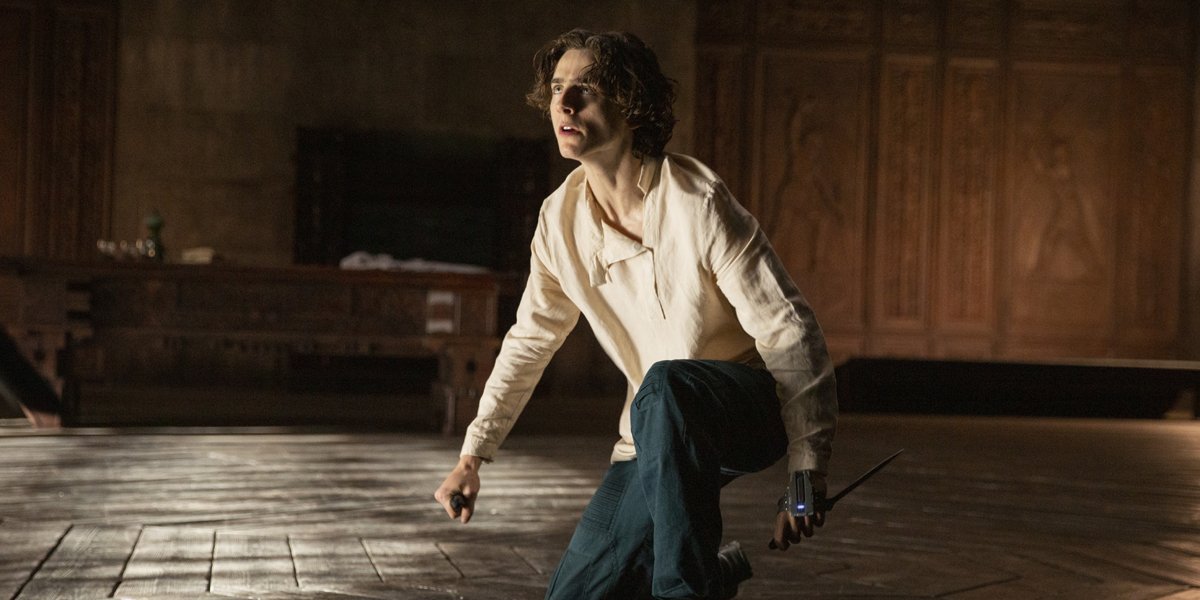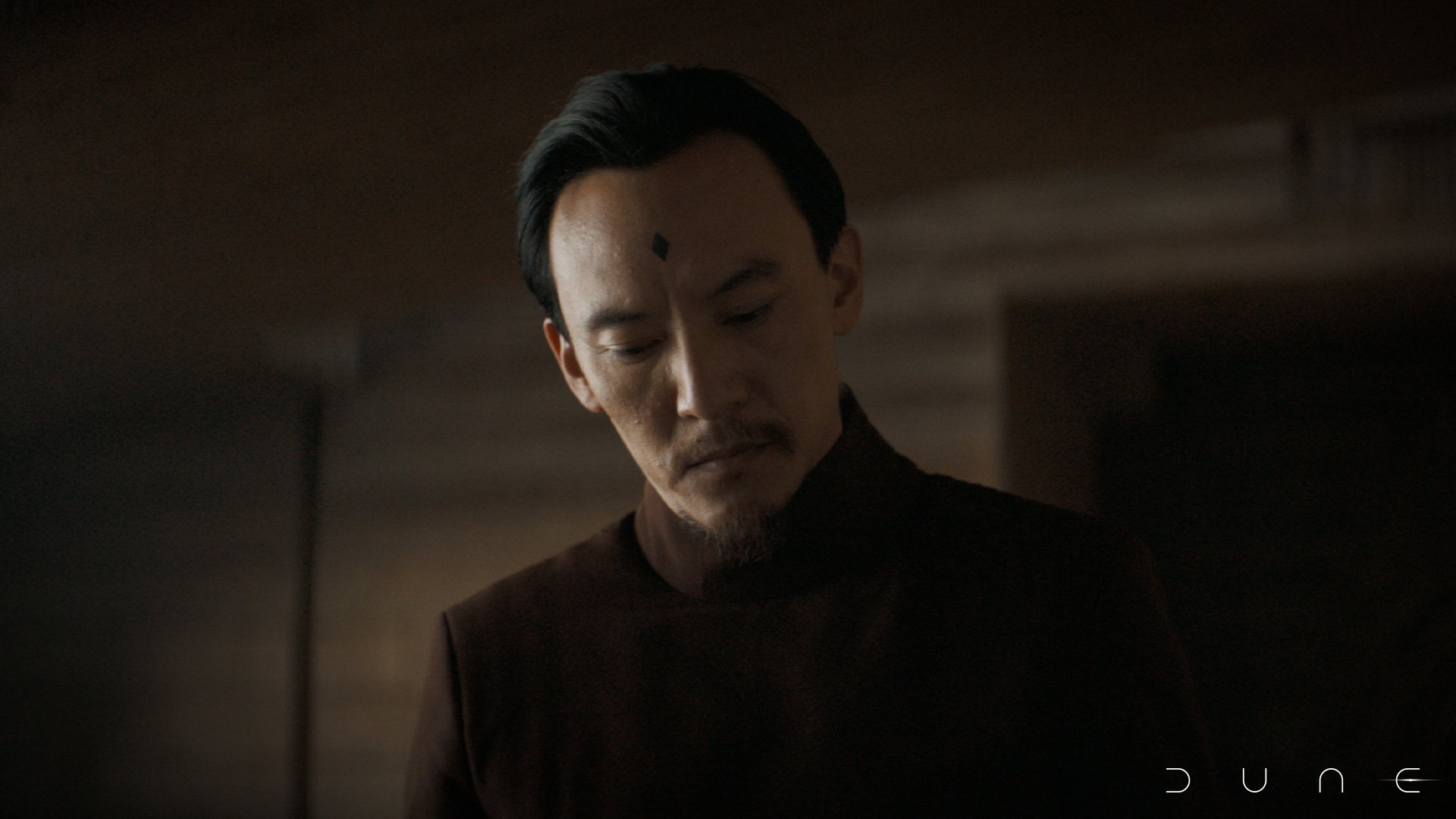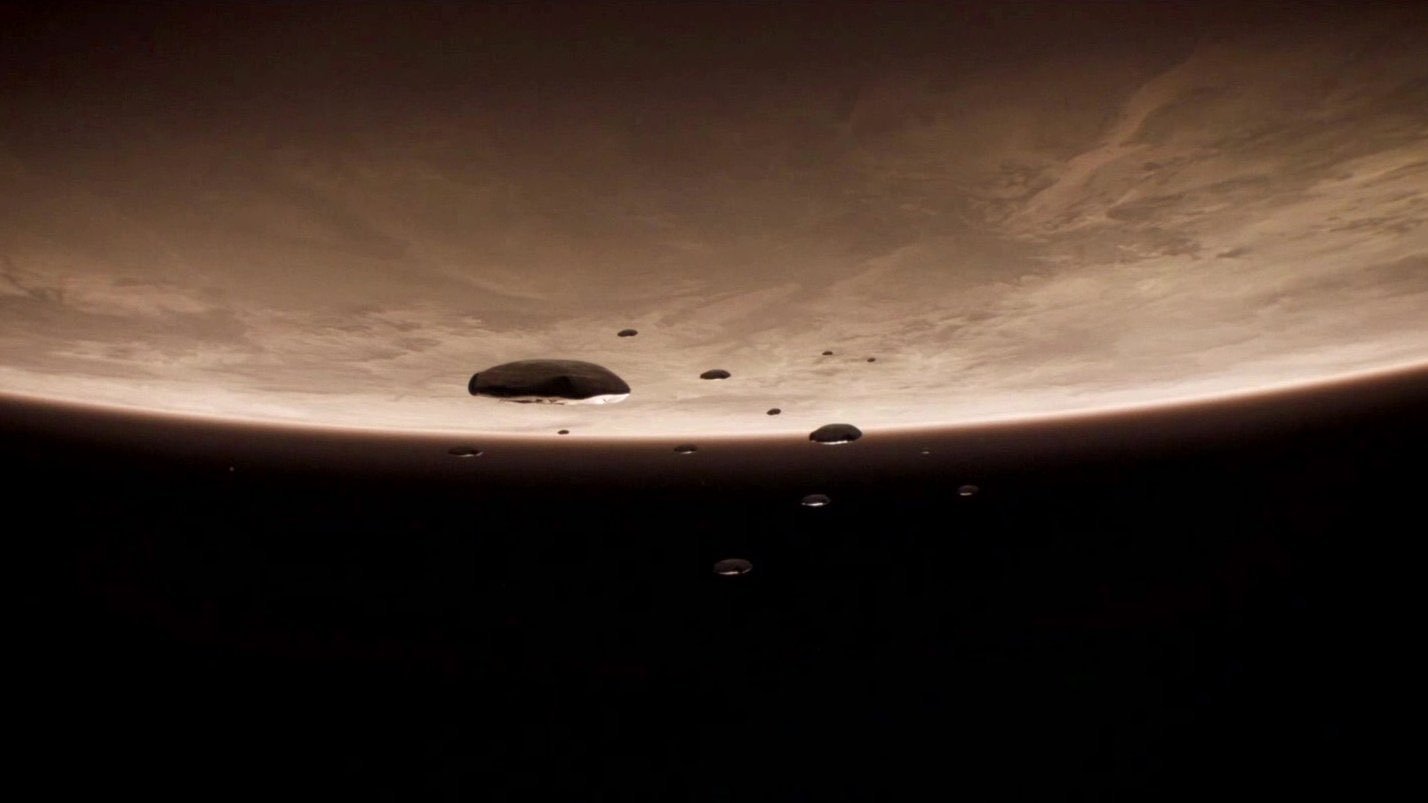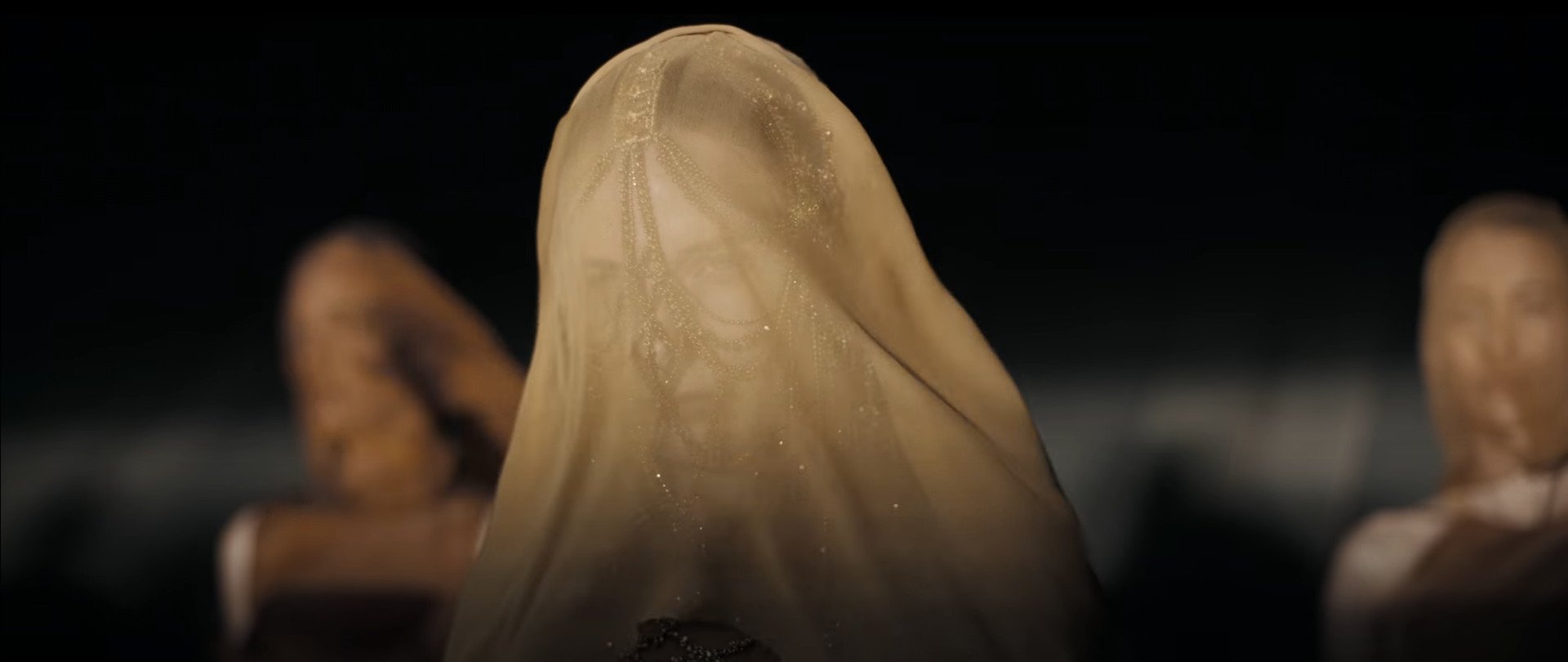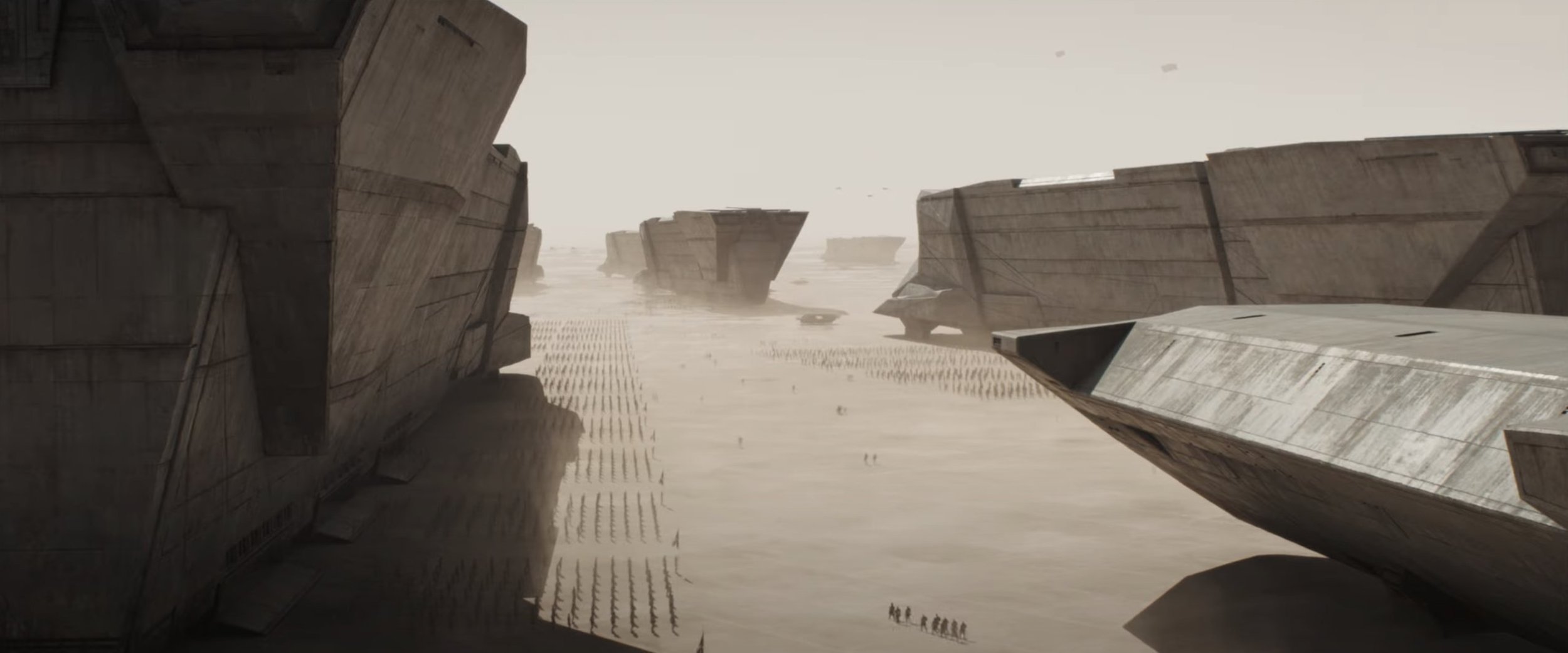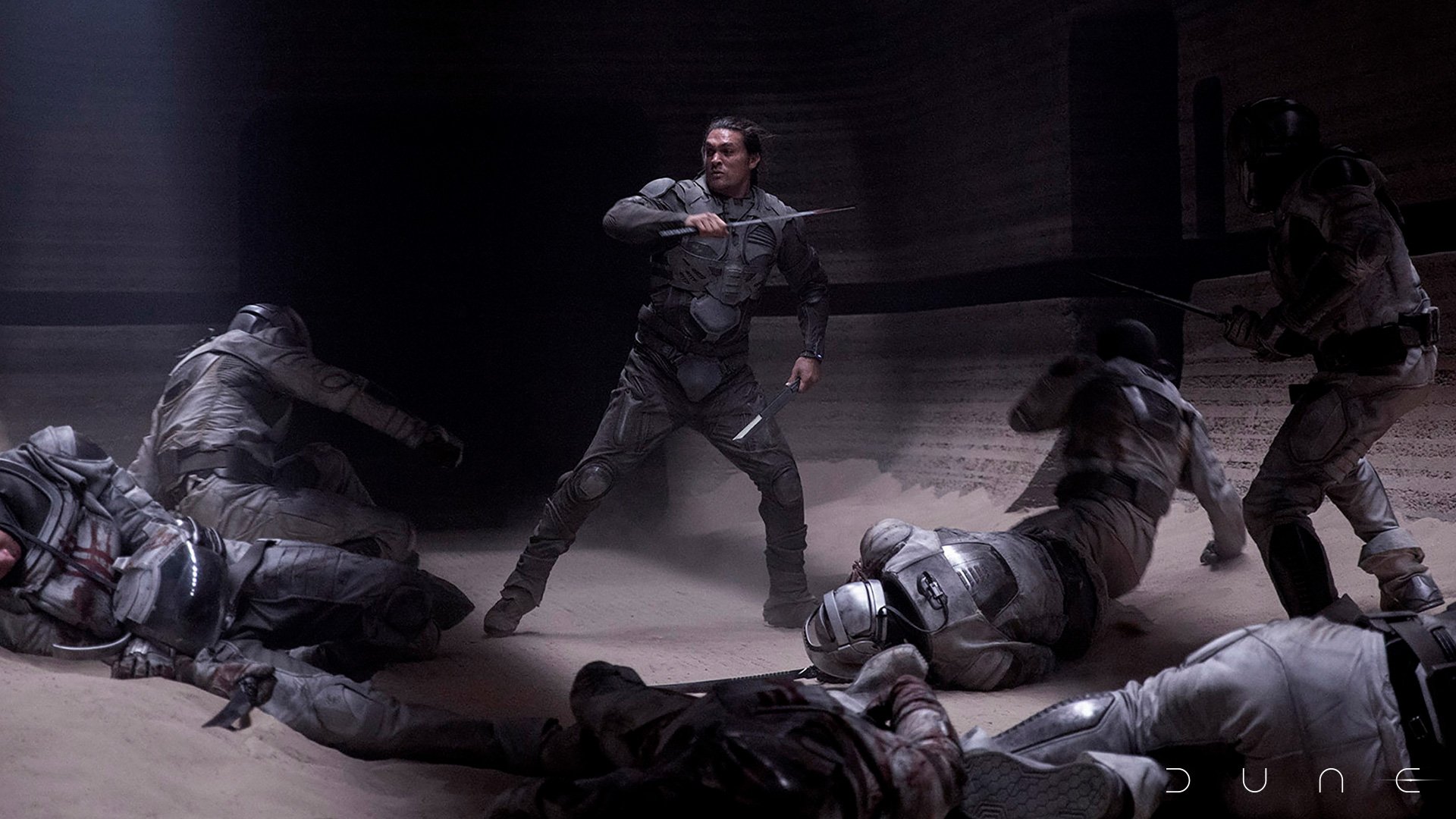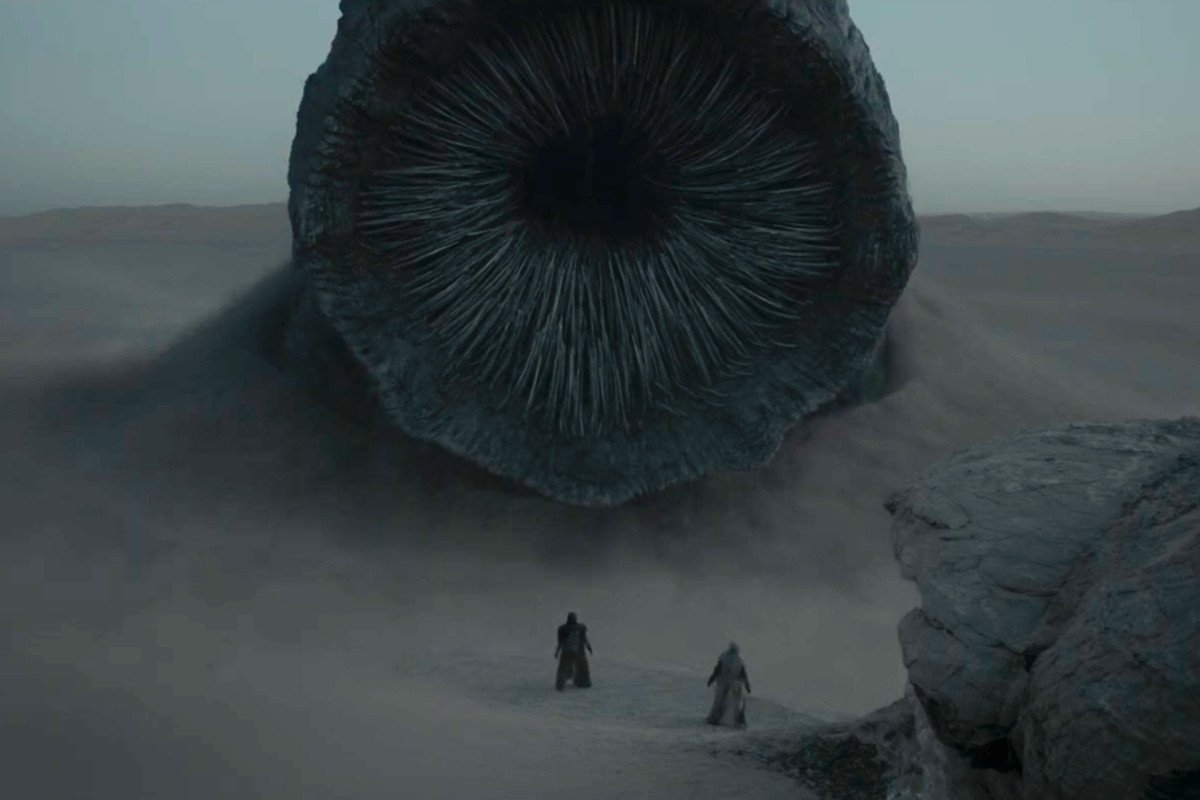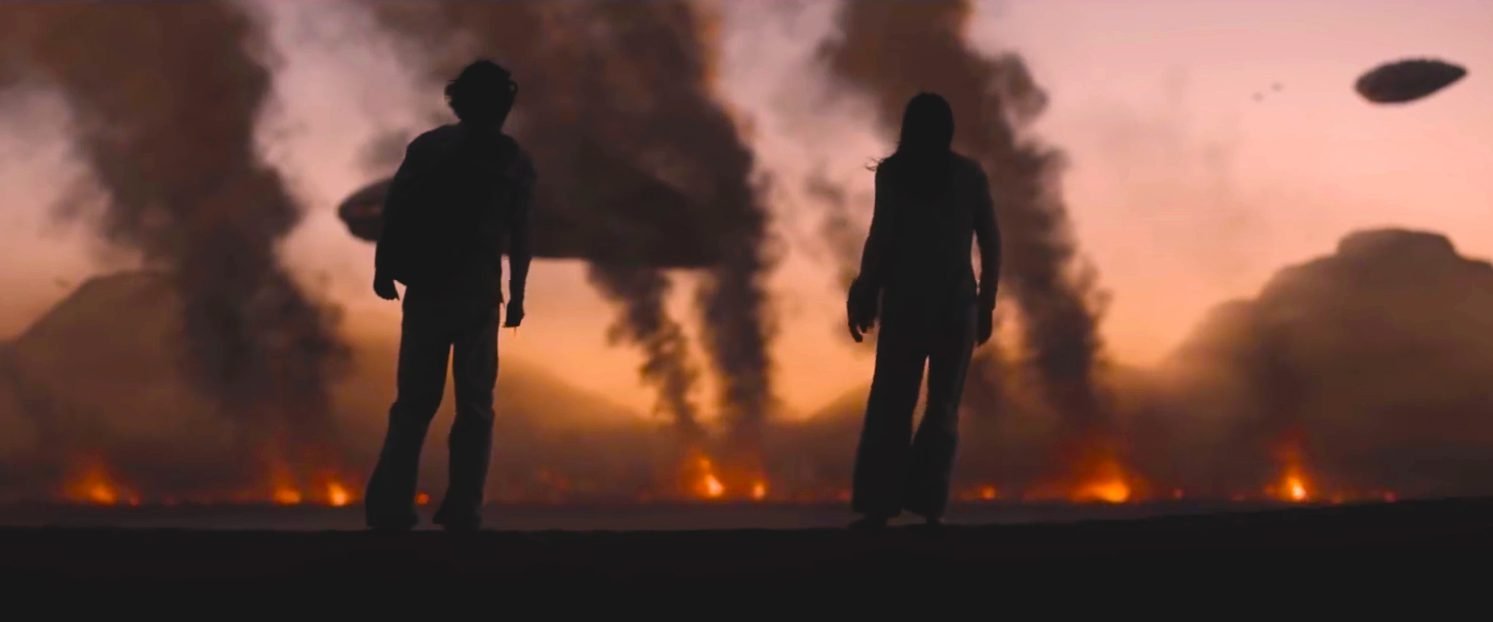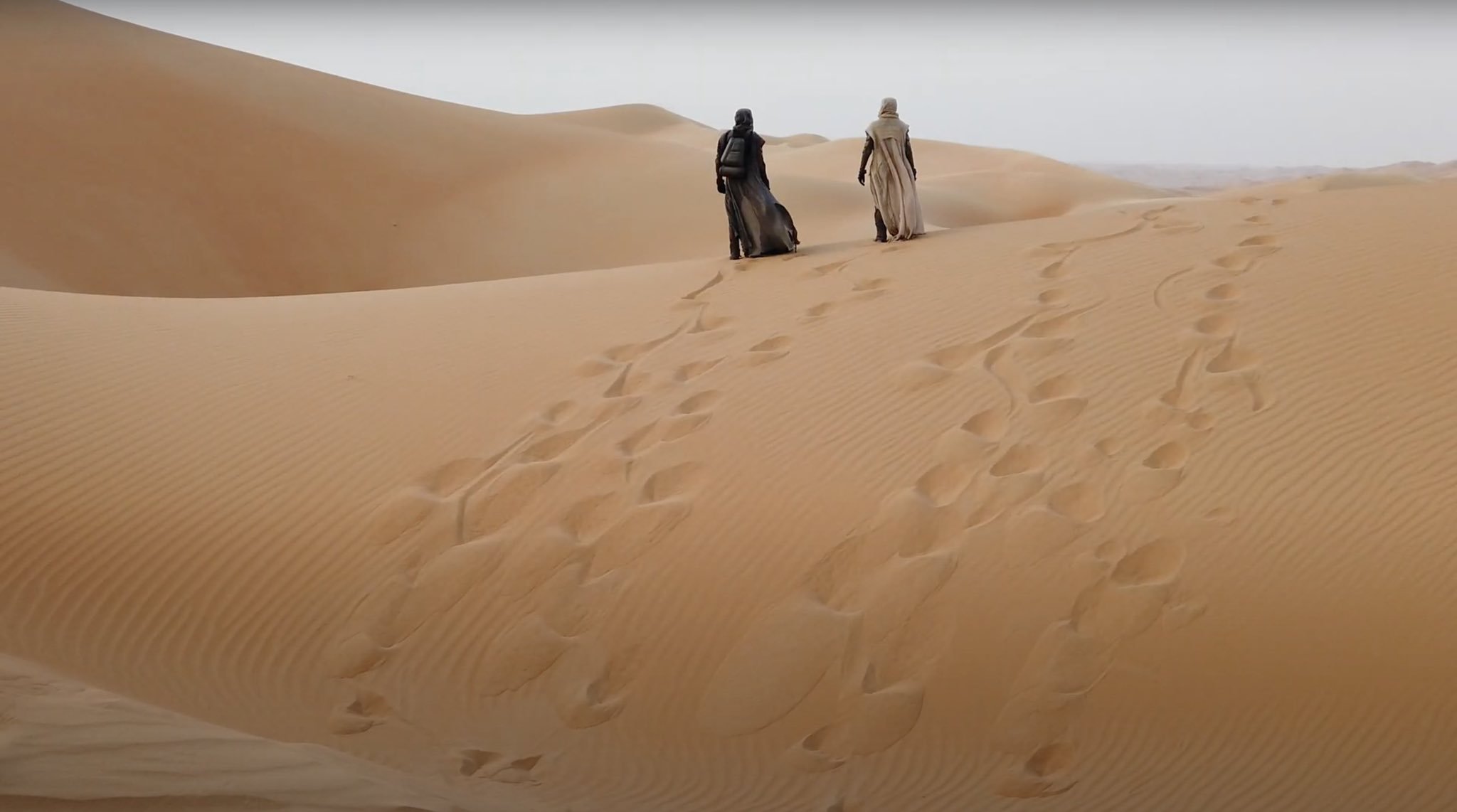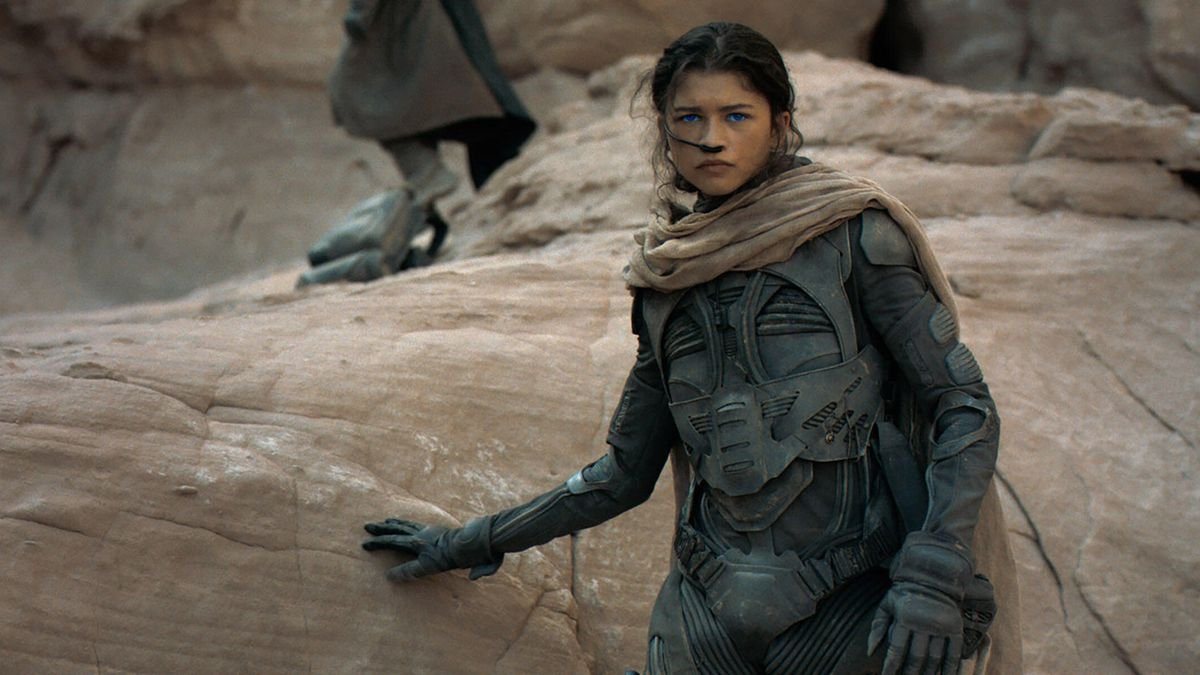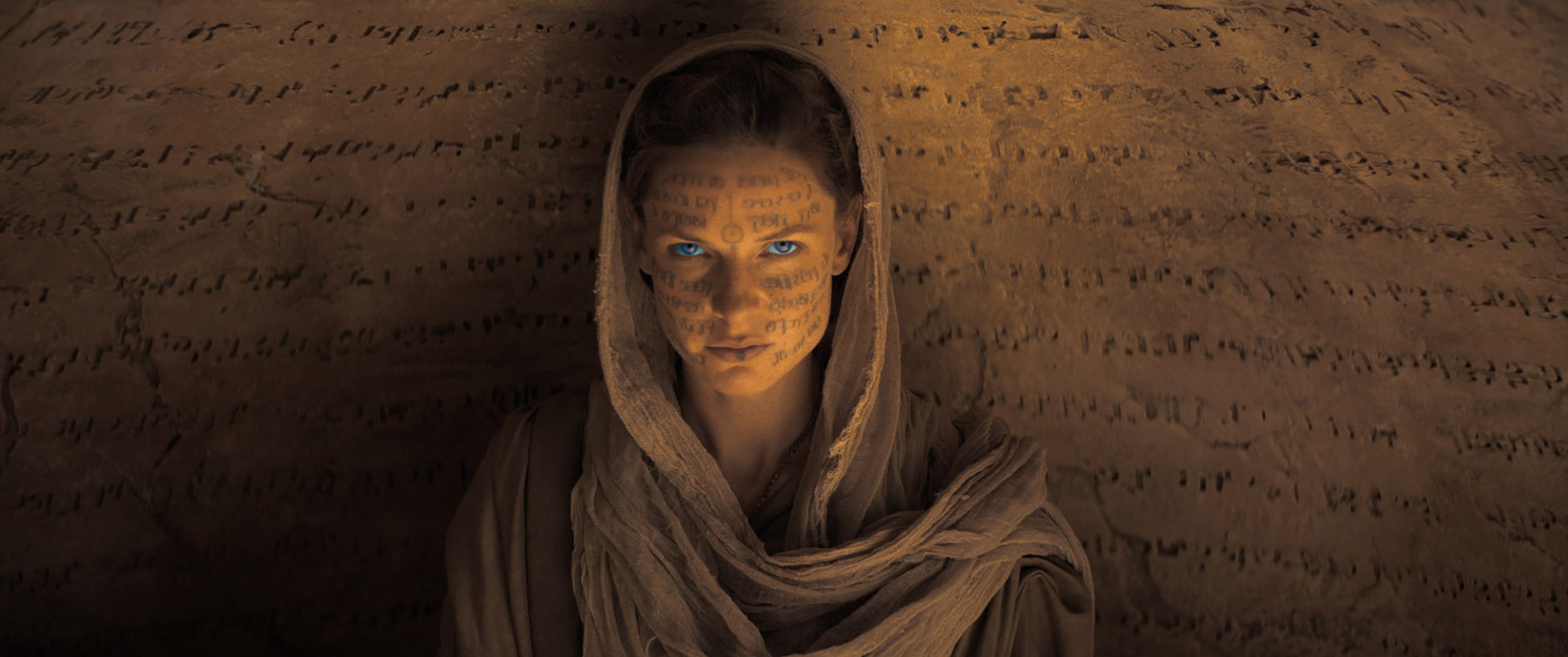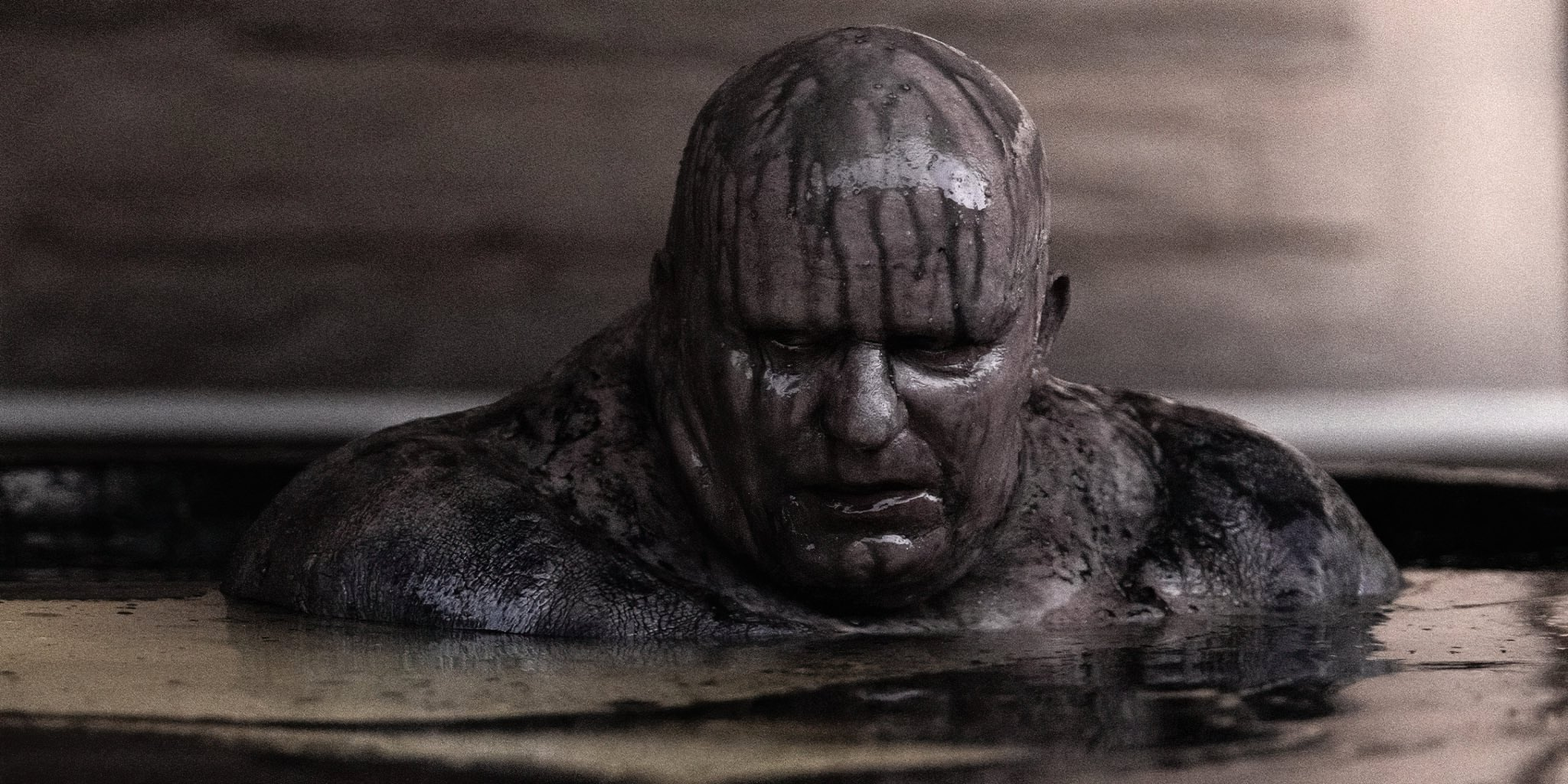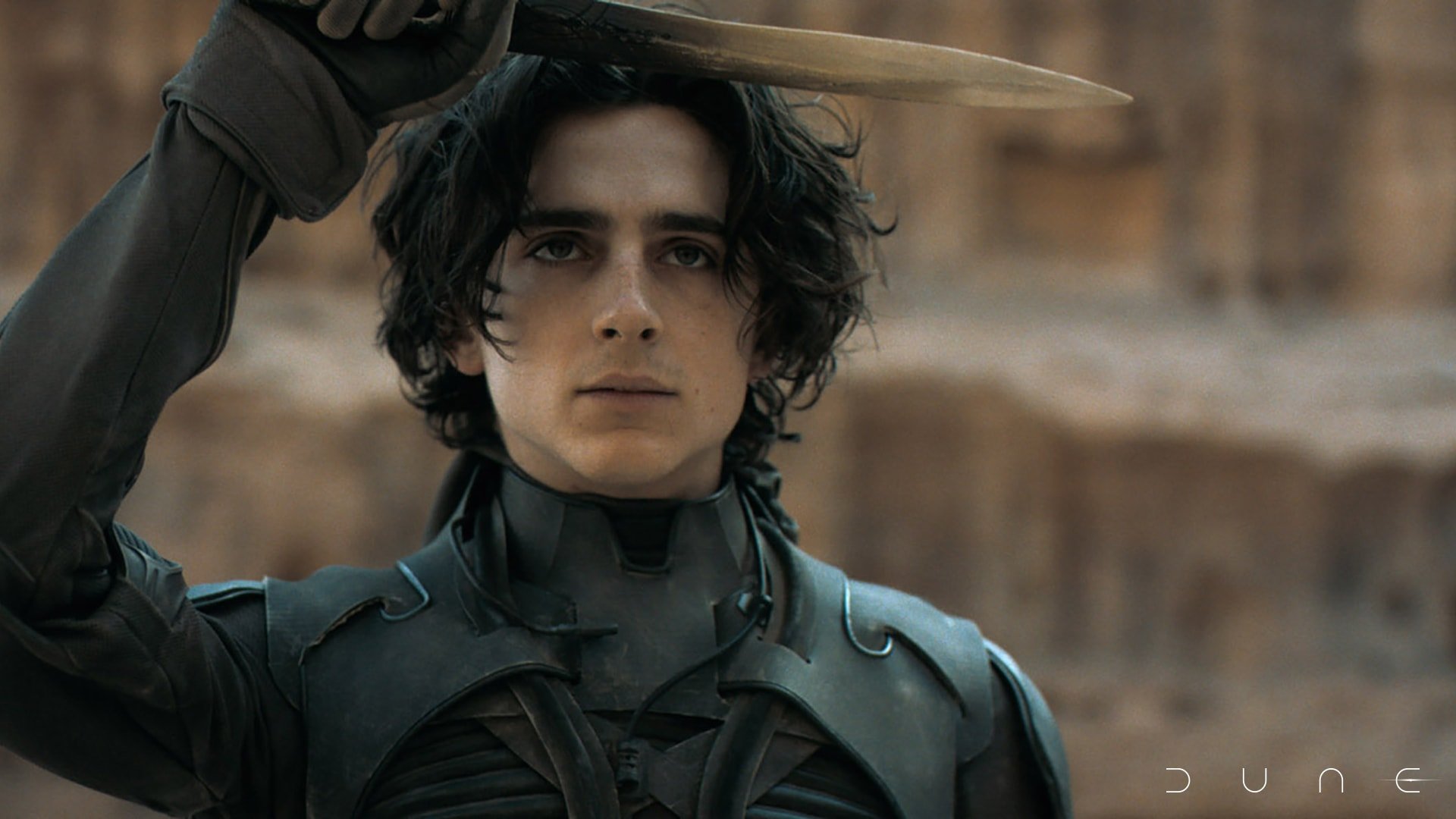Dune | Review
[October 26, 2021 Update: ‘Dune: Part Two’ has officially been greenlit, set for release October 20, 2023]
Over the last 56 years, many have tried and failed to adapt Frank Herbert’s seminal sci-fi novel Dune, a work so dense and complex it was oft-considered unfilmable. Those attempts have included avant-garde filmmaker Alejandro Jodorowsky (El Topo & The Holy Mountain), whose adaptation was famously cancelled, and the legendary David Lynch (Blue Velvet & Mulholland Drive), a work so disastrous Lynch disowned it. But, like the central messiah figure at the heart of the novels himself, perhaps now is the time. French Canadian filmmaker Denis Villeneuve has dreamt of directing a Dune film ever since reading the novels as a teenager. The director’s experience and today’s technology have now finally caught up to effectively capture the novel’s sprawling universe. From the Middle Eastern drama Incendies, slow-burn kidnapping thriller Prisoners, cerebral first contact feature Arrival, and finally, Blade Runner 2049, the epic follow-up to the sci-fi cult-classic Blade Runner by Ridley Scott, Dune is the film Villeneuve has been working towards his entire career. And it’s phenomenal.
Timothée Chalamet as Paul Atreides
For the uninitiated (like myself) Dune can appear daunting at first. This is an unwieldy interplanetary space epic that focuses more on politics than action, and with sci-fi jargon like Bene Gesserit, Gom Jabbar, and Kwisatz Haderach, words that the film doesn’t always pause to explain. The best advice for watching Dune is to just go with it, because you will be swept away by all its majesty.
Set 20,000 years in the future, the film follows Paul Atreides (Timothée Chalamet), the ducal heir of House Atreides, son of the noble Duke Leto (Oscar Isaac) and his concubine Lady Jessica (Rebecca Ferguson), the latter of whom is a member of an ancient and mysterious religious force called the Bene Gesserit (think “space witches”). The family rules over the stormy planet Caladan until, suddenly, their Emperor assigns them to oversee the desert planet Arrakis. Though largely desolate due to its harsh conditions and dangerous creatures (giant sandworms), Arrakis has been historically ravaged because it’s the only home to the most important resource in the universe, melange, a spice that is necessary for human vitality and interstellar travel. Not so happy about this transition is House Harkonnen, the longtime enemy of House Atreides, who have been the stewards of Arrakis for generations, led by the gluttonous Baron Vladimir Harkonnen (Stellan Skarsgård).
Also involved are the blue-eyed Fremen, the indigenous people of Arrakis, who have been slaughtered in their efforts to fight back against Harkonnen reign. Leto, on the other hand, wants a friendlier relationship with the Fremen. Paul starts to have mysterious dreams of a Fremen girl, Chani (Zendaya), whose visions may be related to Paul’s discovery that he may in fact be the long-prophesied Kwisatz Haderach, a powerful superbeing who would be able to bridge space and time.
Lady Jessica (Rebecca Ferguson), Chani (Zendaya), Stilgar (Javier Bardem), and Paul Atreides (Timothée Chalamet)
At face value, Dune may raise some eyebrows. Frank Herbert’s novels, especially the Fremen, were clearly influenced by Arab culture, which can come off as orientalist. This isn’t wrong, but it's also more complicated than that. Hebert famously claimed he read over 200 books to write his Dune series, and he also pulled terms and ideas rooted in Buddhism, Judaism, and Christianity, as well as cultures from North Africa, Native Americans, Central Asians, the Kalahari, and more. Herbert was apparently interested in becoming a historian at one point, as evident by his cultural amalgamation and interest in the social and geopolitical facets present in the Dune series.
And then there’s the optics of a white savior figure like Paul traveling to an exotic location to save the mostly Black and brown indigenous population from their oppressors. But there’s a lot more going on here than meets the eye. What makes this difficult to dissect is the fact that many of us have not read the books (myself included), and the fact that this film does not tell a complete story (the onscreen title reads “Dune: Part One”). Due to the many moving parts in the original 1965 novel, Villeneuve opted to split the book across two films (part two will hopefully happen if the first does well enough). Fans of the series have claimed Paul’s full arc is only truly captured if you also consider the book’s sequel, Dune Messiah, and Villeneuve has expressed interest in bringing Dune Messiah to life to fulfill a cinematic Dune trilogy that encompasses Paul’s complete journey from the first two books.
Dave Bautista as Glossu Rabban
Dune Messiah supposedly upends the white savior narrative that’s initially introduced in Dune. Providing further credence to this reading is Villeneuve’s own interpretation of the novels. “I thought Dune was, the way I was reading it, a critique of that [white savior trope],” Villeneuve said in a recent interview. “It’s not a celebration of a savior. It’s a condemnation and criticism of that idea of a savior. Of someone that will come and tell another operation how to be and what to believe… it’s a criticism. That’s the way I feel it’s relevant and can be seen contemporary.”
It’s tough to see this intention as most of us will be exposed to Dune for the first time in this film, which, again, only tells half the story of the first book in an unofficial duology. But what further complicates the simple “white savior” narrative, as presented in this film, is the fact that Paul isn’t just a reluctant “chosen one” figure we’ve seen in so many other Hero’s Journey type narratives—he’s the result of a longstanding eugenics operation by the Bene Gesserit, who have spent generations selectively breeding with specific bloodlines in order to eventually give birth to the Kwisatz Haderach. Paul is an intentional creation.
The shadowy work of the Bene Gesserit gives you the idea that much more is at play here than initially thought. Early in the film, when Leto asked Duncan Idaho (Jason Momoa), the House Atreides swordmaster and brother-mentor to Paul, to go to Arrakis prior to the transition of power to establish a good relationship with the Fremen, my question was why? Leto proves himself as smart as he is good looking, distrusting the off-screen Emperor’s motives for having House Atreides take over Arrakis from the Harkonnens. He prepares for the worst.
Oscar Isaac as Duke Leto Atreides
This interesting and complex narrative is one of the things that makes Dune so captivating, especially more so than the trailers made it out to be. As epic as they all looked, the trailers are unclear about what story it’s trying to tell. The warring houses bring to mind Game of Thrones, which is not an unfair comparison considering the bloodshed and surprising deaths both have. The attention to detail and massive world-building, and the fact Dune (part one) is mostly a setup for things to come, draws comparisons to The Lord of the Rings: The Fellowship of the Ring.
And that world-building! It cannot be overstated. For as confused as I was sometimes during my viewing of the film, the world of Dune as depicted by Villeneuve is so immersive it washes away any of the film’s faults. The dunes of Arrakis feel like an endless ocean, one that’s terrifying when we see any of the characters flying over it or walking through it. The sandworms are wonderfully rendered (so convincing even Guillermo del Toro was fooled), but the depiction of the worms’ landfall, not unlike the encroaching sharks in Jaws, is jaw-dropping. The vibration of the sand and the way they move before the eventual emergence of the monsters just feel so real and natural. From the clean and regal aesthetics of House Atreides and the dark, all-black and brutalist House Harkonnen; the visualization of the Holtzman shield (invisible and nearly-impenetrable body armor); the stillsuits developed by the Fremen to survive the desert; the deadly gom jabbar test the Bene Gesserit Reverend Mother Gaius Helen Mohiam (Charlotte Rampling) uses to test Paul’s abilities; the “voice” Paul and his mother Jessica use to control people’s minds (think “Jedi mind tricks”), an ability perfected by the Bene Gesserit; the sand walk the Fremen created to avoid contact with the sandworms; and so much more. This world feels well thought-out, fully formed, real.
A sandworm attack
This rich experience wouldn’t have been possible without Patrice Vermette’s (Arrival) production design, whose work produced a backdrop that feels expansive and lived-in, a rare sci-fi flick without computers, robots, or A.I.; Robert Morgan (Inception) and Jacqueline West’s (The Revenant) costume designs, creating diverse sets of garments for each of the film’s unique cultures; Hans Zimmer’s otherworldly score—another winner from the experimental composer—and featuring new instruments literally made from scratch, cleverly interwoven with the film’s sound design by Theo Green (Blade Runner 2049) and Mark Mangini (Mad Max: Fury Road) to create an immersive soundscape; Greig Fraser’s (Rogue One: A Star Wars Story) stunning photography, which thankfully never gets lost in the film’s grandeur, instead becoming intimate with the characters and grounding the film in its local drama; and the seamless editing by Joe Walker (Widows) and screenplay by Villeneuve, Jon Spaihts (Prometheus), and Eric Roth (Forrest Gump & A Star Is Born), which together manage to illustrate a 2.5 hour epic that never feels slow or boring, may sometimes confuse, but is never rendered incomprehensible.
There was clearly a lot of effort into making Dune a completely unique experience, a seemingly impossible task considering how the Dune novels have influenced the sci-fi genre and pop culture at large, including Hayao Miyazaki’s Nausicaä of the Valley of the Wind, Gene Roddenberry’s Star Trek, and George Lucas’s original Star Wars trilogy. The drawback of seeing a 21st century adaptation of Dune is the potential criticism among unknowing audiences that the film is derivative of popular sci-fi stories we’ve seen before. It’s a problem John Carter, the 2012 adaptation of Edgar Rice Burroughs’s 1912 novel A Princess of Mars, also faced, with many not knowing that its “derivative” aspects were actually influences on Star Wars and James Cameron’s Avatar. Villeneuve and his team’s efforts have succeeded in giving us something that doesn’t look like anything we’ve already seen before.
Paul Atreides (Timothée Chalamet)
The cast is also solid, which, in addition to the aforementioned actors, include: Josh Brolin (Avengers: Endgame) as Gurney Halleck, House Atreides’s weapons master and another mentor to Paul; Dave Bautista (Guardians of the Galaxy) as Glossu Rabban, the barbaric nephew of Baron Harkonnen; Stephen McKinley Henderson (Lady Bird) as Thufir Hawat, the Mentat (human computers) of House Atreides; David Dastmalchian (The Suicide Squad) as Piter De Vries, the Mentat of House Harkonnen; Chang Chen (Happy Together) as Dr. Wellington Yueh, a Suk doctor for House Atreides; Sharon Duncan-Brewster (Rogue One: A Star Wars Story) as the race-and-gender-swapped Dr. Liet-Kynes, the Imperial planetologist of Arrakis; Javier Bardem (Skyfall) as Stilgar, the leader of a Fremen tribe; and Babs Olusanmokun (Black Mirror) as Jamis, a Fremen warrior.
While Timothée Chalamet is an excellent actor, it’s, unfortunately, almost an established rule that the “chosen one” characters are usually the least interesting. The film dedicates most of its time to House Atreides since we are following Paul’s journey, so many of the other characters, namely the Fremen and Harkonnens, don’t have much to do in this first chapter but are expected to have larger roles in part two (sorry, Zendaya fans, she only has a couple minutes of screentime). Jason Momoa (Aquaman) and Sharon Duncan-Brewster are standouts in their supporting roles, though, with the former’s effortless charisma shining any time he’s on screen (he gives Paul lots of hugs and you’ll want one too) and the latter provides intriguing depth as the enigmatic Imperial delegate, supposedly there to maintain a peaceful transition of power between the two Houses, but whose allegiance appears conflicted.
Sharon Duncan-Brewster as Dr. Liet-Kynes
While most popular sci-fi stories have male leads, as does Dune, it’s the film’s women characters who are the most interesting and have the most impact, a welcome subversion of the genre. The main thing Villeneuve, a self-proclaimed feminist (six out of his ten films have women leads), told co-writer Eric Roth was to focus on the women. In addition to Liet-Kynes and the Reverend Mother Gaius Helen Mohiam, a wonderfully ruthless Charlotte Rampling (45 Years), there’s Rebecca Ferguson’s Lady Jessica, the one who may have been the most influential of all by her defiance in giving birth to a boy, Paul, rather than a girl as required by the Bene Gesserit’s breeding program. Ferguson (who I also thought stole the show in the mediocre The Greatest Showman) is so great as Jessica, playing a devoted and loving mother terrified at what will happen to her messianic son—whom she purposely chose to bring to life, knowing the risks that would entail—that she can also be considered the co-star to Chalamet’s Paul. And don’t lose track of the all-women Bene Gesserit, a mystifying force that the film hints may be pulling a lot of strings behind the scenes.
Paul Atreides (Timothée Chalamet) and Lady Jessica (Rebecca Ferguson)
There are few filmmakers who are able to successfully bridge the divide between art and commerce, specifically nine-figure blockbusters and art-house cinema. The first to come to mind is Christopher Nolan, the director behind The Dark Knight trilogy as well as his own original mindbenders like Inception, Interstellar, and Tenet. Similarly to Nolan, Denis Villeneuve is known for his meticulously-crafted high-brow films (though to lesser box office success). And, like Nolan, Villeneuve’s films have been criticized for being beautiful to look at, but cold and emotionally hollow (I disagree with some of this, because can you really say the ending of Arrival didn’t leave you an emotional wreck?). Some may say the same of Dune, a film that feels more like “things are happening” rather than “what these characters are thinking,” and they’re not entirely wrong. After all, art is subjective. I did have an emotional response to Dune, however, from certain characters’ love or certain characters’ deaths, but mainly in the film’s monumental achievement in transporting me to new worlds.
While there is an incomplete feeling to the film (after all, it is just one half of one half of Paul’s complete arc), it wasn’t as awkward or abrupt as I had expected it to be. The film’s conclusion felt almost like a natural endpoint, redefining Paul’s relationship with his mother, and his acceptance of the role he has in the larger conflict, one inadvertently forced upon him by his mother’s decision to give Leto a son. All of the pieces are in place for a potentially more action-packed second chapter. Dennis Villeneuve’s Dune has all the makings of a masterpiece, so long as he can stick the landing in the still-unannounced Dune: Part Two.






